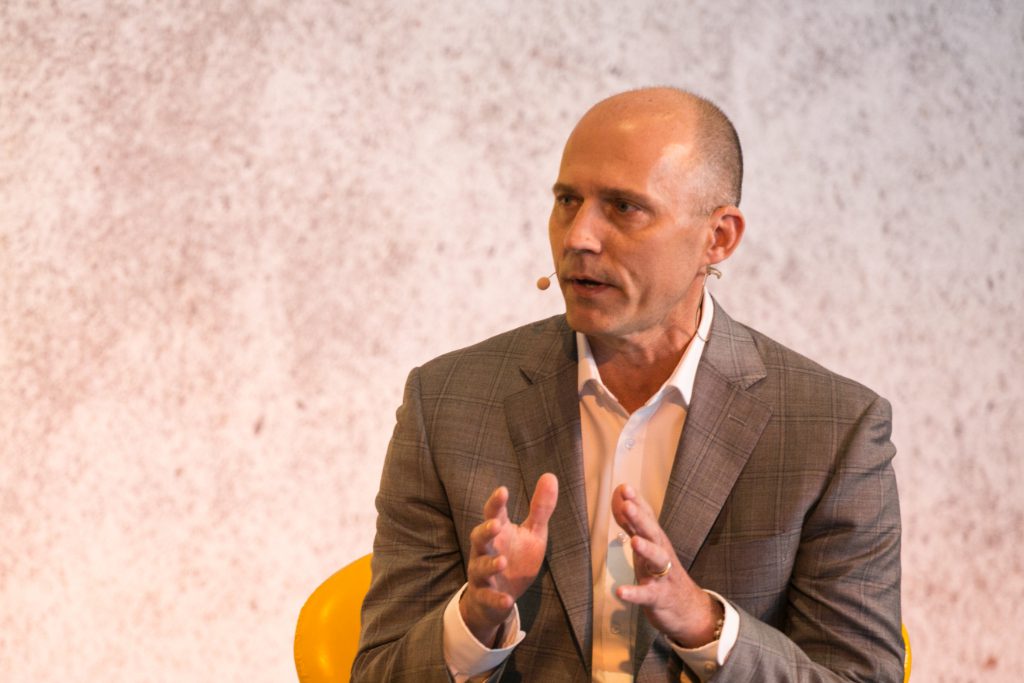Sabre Dares U.S. Justice Department to Sue It Over Farelogix Deal

Skift Take
The travel technology giant said Wednesday it would go ahead with its planned $360 million acquisition on August 21. If the U.S. federal attorneys aren't happy about it, they can sue, Sabre said. No travel tech company has used, and threatened in public to use, its lawyers as much as Sabre in the past decade.
Sabre is frustrated that the U.S. Department of Justice has held up its acquisition of Farelogix. Nine months ago it had proposed buying the airline distribution technology specialist.
So on Wednesday the travel technology giant said it would go ahead with the $360 million acquisition on August 21.
"Over the past nine months, we believe we have done all we can to address the DOJ's concerns," said Sean Menke, president and CEO of Southlake, Texas-based Sabre, in a statement.
Sabre and Farelogix said they extended the termination date of their acquisition agreement to April 30, 2020 in case the Justice Department chooses to sue. If Justice pursues a complaint on antitrust grounds, Sabre could face significant court costs and a protracted battle.
"While we hope the DOJ will ultimately recogni

